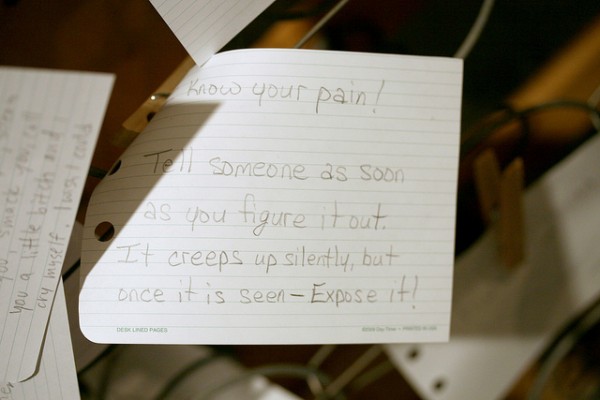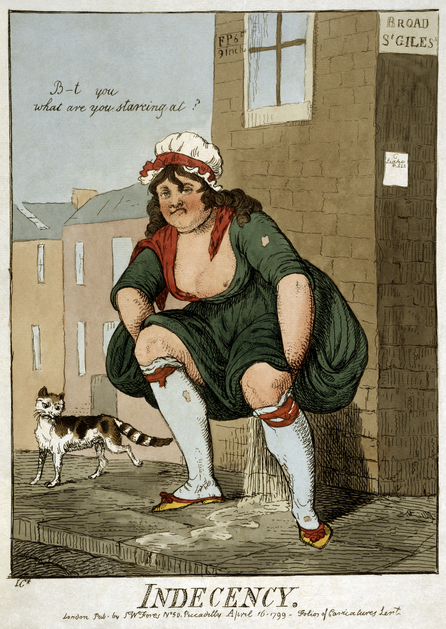The Second Shittiest Thing About Being Abused: Survivor Solidarity And Getting Out

I actually didn’t know who Christy Mack was until I started seeing articles about her attack flying around the internet last week. But her story is one that is familiar to me. Intimately familiar.
I stripped for eight years, in a dozen clubs across New York, Pennsylvania, Ohio, Michigan, Iowa, Minnesota, Colorado, and Georgia. I met strippers who were also full service sex workers inside or outside the club, sugar babies, cam girls, and adult film stars. I’ve seen co-workers “graduate” into Playboy and Hustler. I’ve seen every combination of education, economic background, race, size, upbringing, parental status, and religion, so when I overhear non-sex-workers talking like we’re all a certain type, I can only laugh.
But one thing we all seem to have in common is an abuse story, either one of our own or of someone very close to us.
One thing I noticed early on in my career is that stripper locker room talk is brazen and honest. There is some high speed bonding that goes on over trays of eye shadow and half-finished drinks. As a more-or-less good girl going to state college on my parents’ dime, I was no stranger to boozy heartbreak stories, but stripper stories almost always went somewhere darker, faster. Without even knowing a co-worker’s name, I might hear the details of how her ex-husband broke into her house, or how she was borrowing a phone from another girl after receiving threatening texts from a stalker. I’ve had girls show me pictures of men on their phones with the warning, “If he shows up, tell the bouncer and come warn me. I don’t care if I’m in a VIP, just come tell me.”
There’s this recurring theme in our love lives— a man will admire us for our independence and freedom, and of course, our money. We’ll thrive on the attention for a while and we’ll enjoy spoiling him with gifts or trips. Maybe he moves in because his roommates are irresponsible, or maybe we move in with him because we’re sleeping over all the time anyway. And then the fights start.
“Where the fuck were you until five in the morning?”



